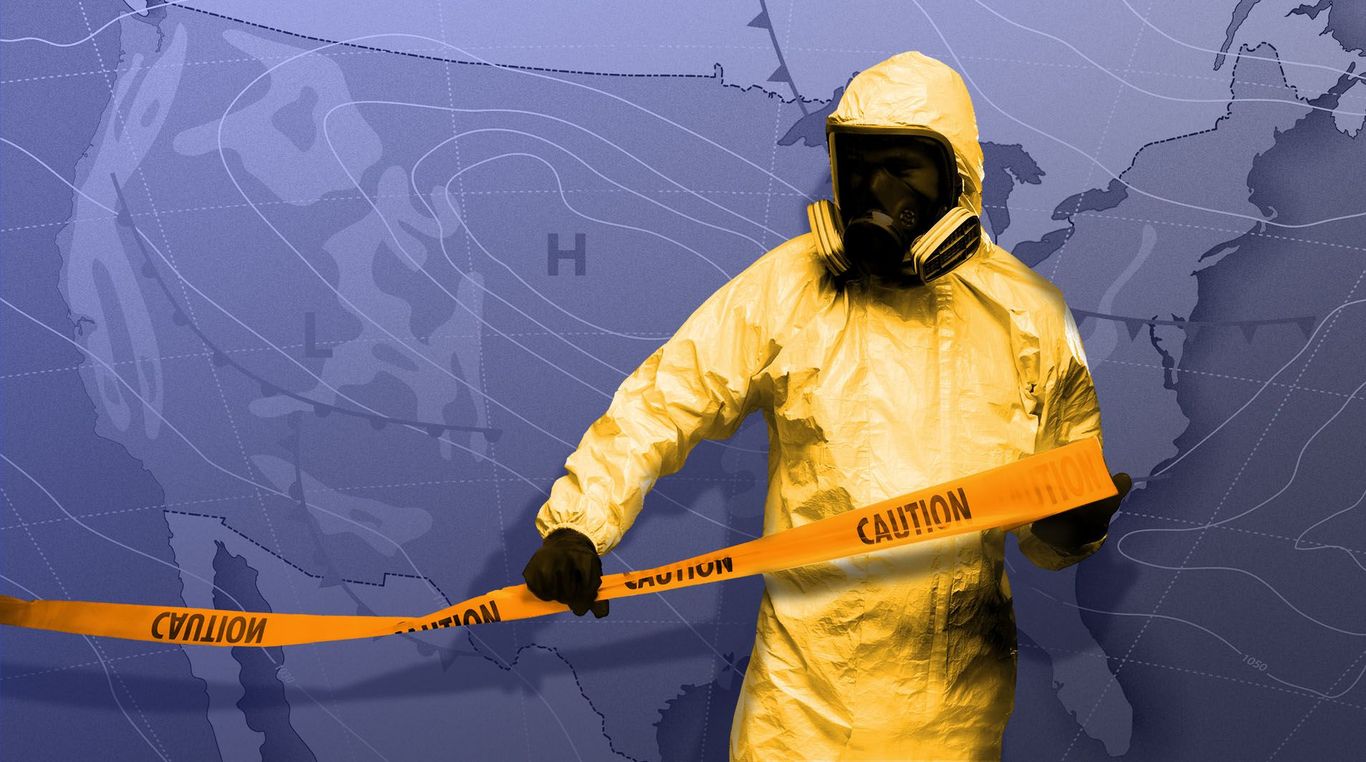The coronavirus continues to rage in the states most vulnerable to what is already an active hurricane season.
Driving the news: Hurricane Hanna hit the Texas coast last weekend, testing the response effort in a state that hasn’t been able to get its outbreak under control.
Why it matters: Encouraging people to travel to other cities or states to stay with family, or housing them in crowded gymnasiums and convention centers, isn’t exactly in line with pandemic mitigation practices.
- And in states frequently slammed by hurricanes — like Texas, Florida and Louisiana — coronavirus cases are skyrocketing.
- Many people who need shelters are likely to also be more vulnerable to severe infections.
- “The last thing you want to do is take people from a dangerous situation involving a hurricane and move them into a dangerous situation involving COVID,” Emily Landon, an infectious diseases specialist at University of Chicago Medicine, told NPR.
Fortunately, not many people sought shelter in Corpus Christi, where the Category 1 storm made landfall Saturday afternoon.
- “Having two events tied together, it is just a huge challenge,” Annette Rodriguez, the Nueces County public health director, told the NYT. “It was definitely a good trial run.”
What’s next: The American Red Cross, under the supervision of the Federal Emergency Management Agency, manages many hurricane shelters, and intends to abide by social distancing standards.
- But that could cut shelter capacity by as much as 60%, NPR reports.
- FEMA has encouraged emergency managers to consider housing people in empty hotels as an alternative, but many emergency managers aren’t sure how to do this, per NPR.
